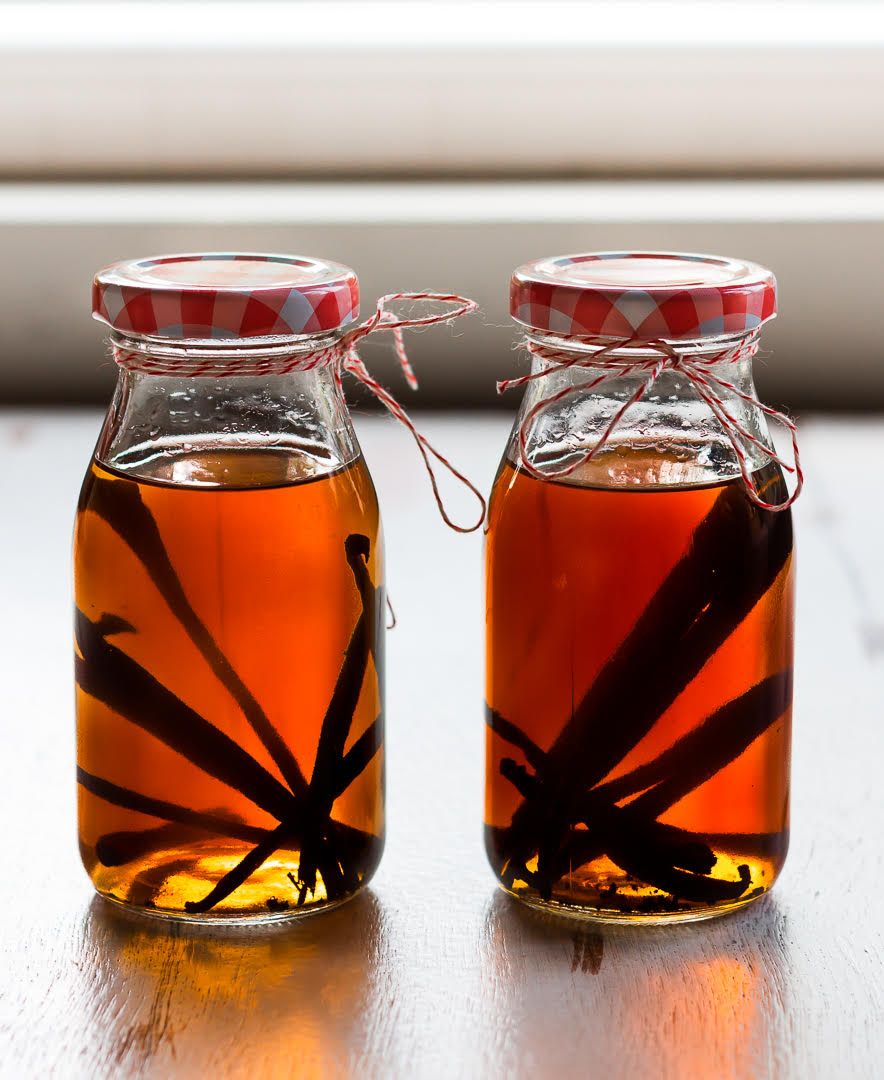
Halal Certification for Vanilla Extract

In today's world, people are becoming more aware of the religious guidelines that are involved in food consumption. For Muslims, this includes adherence to halal dietary laws that prohibit the consumption of certain foods, including pork and alcohol. Vanilla extract, a popular flavoring agent, is commonly used in many food products, but is it halal? In this article, we will explore halal certification for vanilla extract and the religious guidelines involved.
What is Halal Certification?
Halal certification is a process by which a product is deemed halal, or permissible for consumption according to Islamic dietary laws. The certification process involves a thorough inspection of the ingredients, production process, and storage conditions to ensure that they meet the standards set by Islamic law. Halal certification is typically carried out by a halal certification agency, which is an independent organization that specializes in halal certification.
Ingredients in Vanilla Extract
The main ingredients in vanilla extract are vanilla beans and alcohol. While vanilla beans are a natural product and are considered halal, the alcohol used in the extraction process may not be halal if it is derived from a non-halal source, such as grapes or other fruits. Therefore, it is important for manufacturers to use halal-certified alcohol in the production of vanilla extract in order to be eligible for halal certification.
Halal Certification Process for Vanilla Extract
To obtain halal certification for vanilla extract, manufacturers must follow a set of guidelines that ensure the product meets Islamic dietary laws. The guidelines cover everything from the source of the vanilla beans to the method of extraction and the storage conditions of the finished product.
Firstly, the vanilla beans must be sourced from a halal-certified supplier. The alcohol used in the extraction process must also be halal-certified, which means that it must be derived from a halal source. The extraction process must be carried out in accordance with Islamic dietary laws and the finished product must be stored in a way that is consistent with halal requirements.
Once a product has been certified halal, it will typically carry a halal certification mark on its label. This mark indicates to Muslim consumers that the product has been deemed permissible for consumption according to Islamic dietary laws.
Conclusion
Halal certification for vanilla extract involves strict adherence to Islamic dietary laws and guidelines. To be eligible for certification, manufacturers must ensure that the vanilla beans and alcohol used in the production process are halal-certified. By obtaining halal certification for their products, manufacturers can offer Muslim consumers the assurance that their vanilla extract is permissible for consumption. This allows Muslim consumers to enjoy the flavor of vanilla extract while adhering to their dietary requirements.